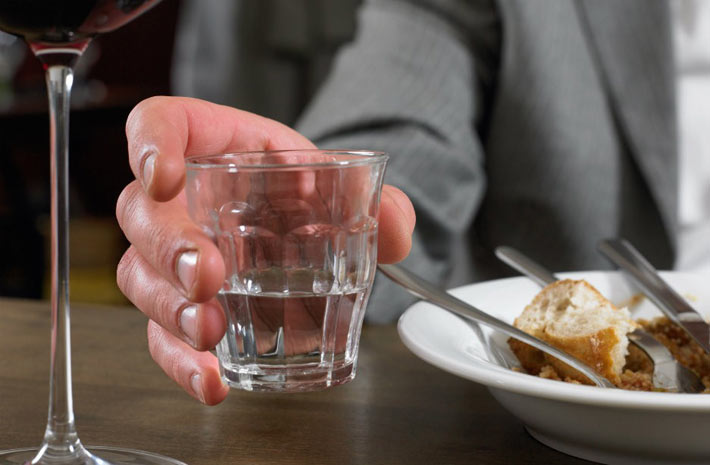
So much of your health is dependent upon good digestion. Now, this might be a completely new concept to you, if you only think of your digestive system as a tube that gets you your fuel. But if you think about how your food becomes your fuel, then you’ll realize that the food you eat ends up being the building blocks for growth and/or repair through good digestion. If you’re not digesting well, then the food isn’t being properly or efficiently broken down into the building blocks your body needs, or your body isn’t able to properly absorb the bits it does break down.
Does your digestion need a tune-up?
Check to see if you feel any of these symptoms:
- difficulty losing weight
- allergies
- excessive belching or burping
- feel heavy or bloated after eating
- feeling sleepy after eating
- bad breath
- have skin issues (dry, flaky skin or acne, eczema, psoriasis, dandruff etc.)
- constipation or irregular bowel movements
- migraines
- seeing your food in almost whole form again, after you’ve eaten it; that is undigested food in your poop OR vomiting/nausea
These are only some of the symptoms that can come from having a less-than-optimally functioning digestive system, and indeed, prolonged digestive issues are associated with a leaky gut, but if you’re wondering how to improve your digestion, thankfully there are things you can start doing TODAY:
1. Slow down
Can you hear your mom’s voice in your head saying “Slow down when you eat!” Like most things, mom was right — slowing down gives your body time to switch gears from doing whatever you were doing before and focus on eating and digesting your food.
2. Sit down
Something so simple as sitting down to eat can have a profound effect on your digestion. (And for the record, sitting in your car doesn’t count, because you’re either driving and distracted from eating, or more dangerously, eating and distracted from driving. Even if you’re the passenger, this posture still isn’t ideal). If you’re seated at a table, then at least you’re not walking or running while eating — jostling your body around doesn’t help your body to do its thing on your food. By sitting at a dining table, your mind is also giving your body cues to start up the digestive process, because before your mouth even takes a bite, your brain is the organ that engages your body into getting ready to digest through what you see, smell and think about.
3. Relax

When you’re stressed, your stomach acid secretion gets suppressed, and your body actually actively uses up your stored nutrients to deal with the stressors. Because your brain is what starts your digestion, you’ll want to relax or at least do away with as much stress as possible when you eat. If you’re angry or upset, you are diverting your body’s energy away from digestion and into ‘fight or flight’ mode — neither of which is conducive for getting you nutrients!
4. Chew your food thoroughly
Once you get that food into your mouth, your most purposeful contribution to the digestive process is how well you chew your food. (I chew chew chews you!)
Now, there’s no prescribed number of times that you need to chew, but the more your break down the food in your mouth, the easier it will be for the rest of the processes down the line. You’re aiming to swallow food that is as liquid-y as possible, and not food chunks. If you really need a number to work with, count how many times you are currently chewing your food, and then try doubling it. Think about the texture as you swallow. If it’s more liquid than solid, then you’re doing well.
Chewing your food also helps signal the secretion of salivary enzymes which are the first step in digesting starches and fats, in addition to many other reasons, like helping to reduce food particles in the mouth, and reducing excess bacteria in the intestine.
5. Limit the amount that you drink with your meals

This one might not be obvious, especially when anytime you sit down to eat at a restaurant, the server so kindly fills up a tall, cold, glass of water for you with your meal. But, if you’re drinking a lot of water with your food, you’re effectively diluting your stomach acid. Cold drinks act to shock the digestive system out of doing its thing too. So when you’re eating, you’ll want to take small sips of room-temperature water, but not big gulps of something icy cold.
Try doing these five things starting today and see if your digestion improves. If you’re already doing all five things and still having digestive issues, you may want to consult a nutritionist or a naturopathic doctor.




When I eat or drink lemon or fruits with acid it hurt my kidney and my stomach. Thanks for your recipes for high blood pressure and digestion.